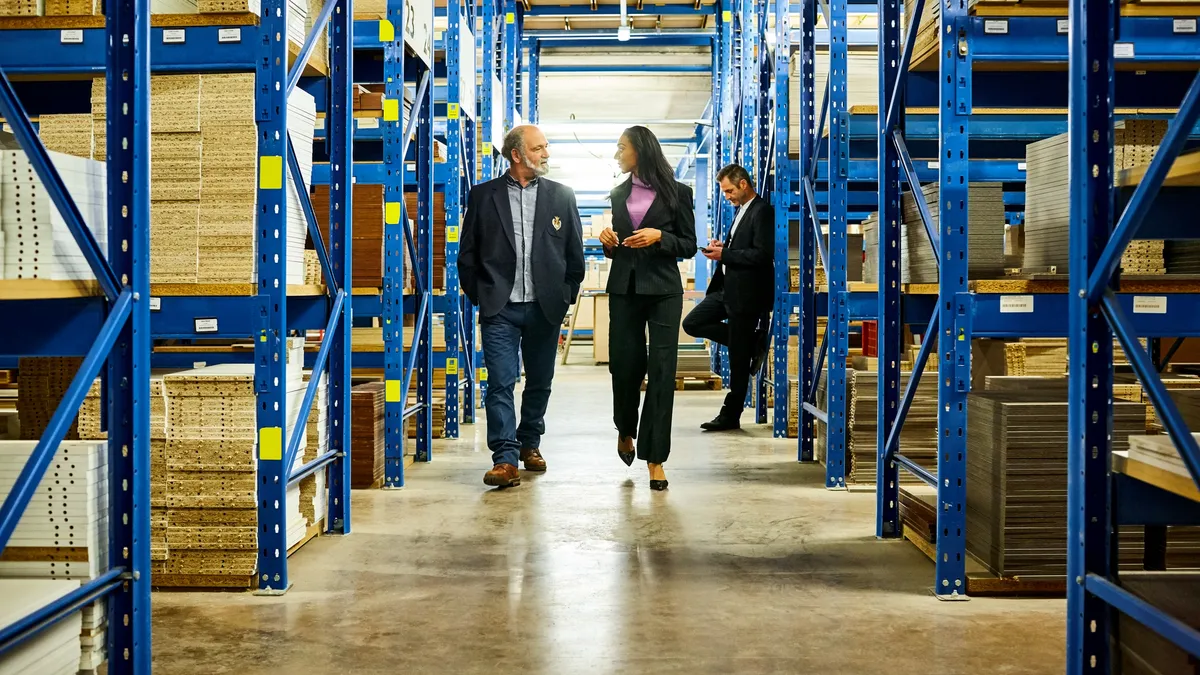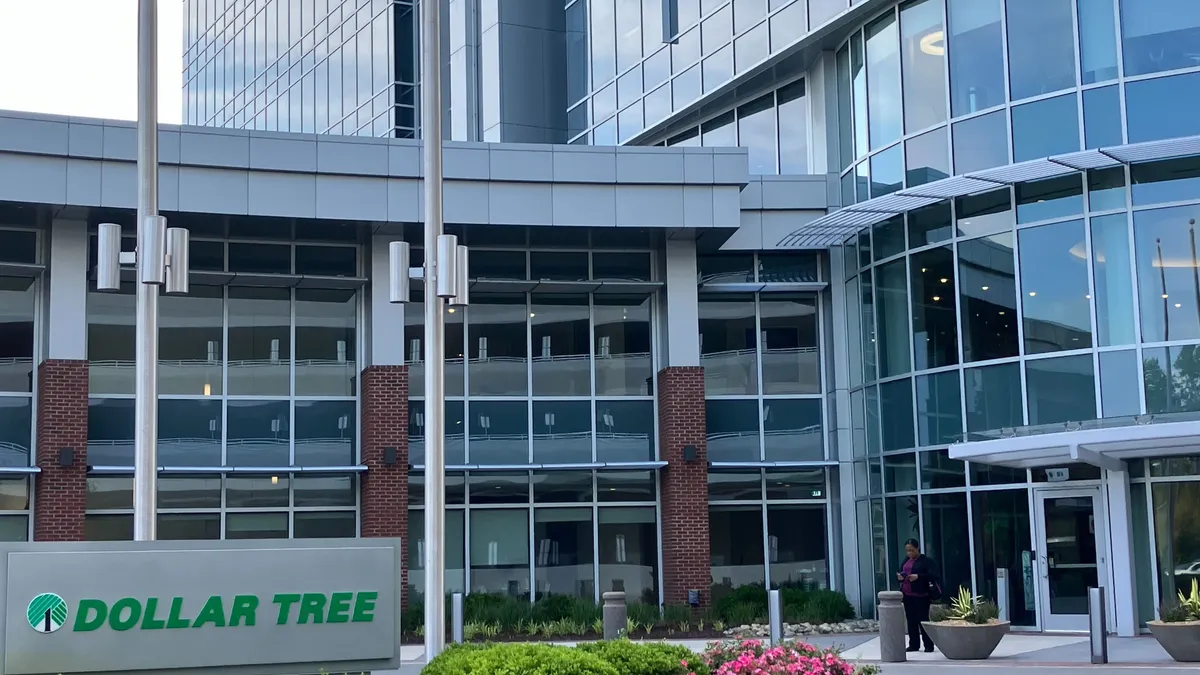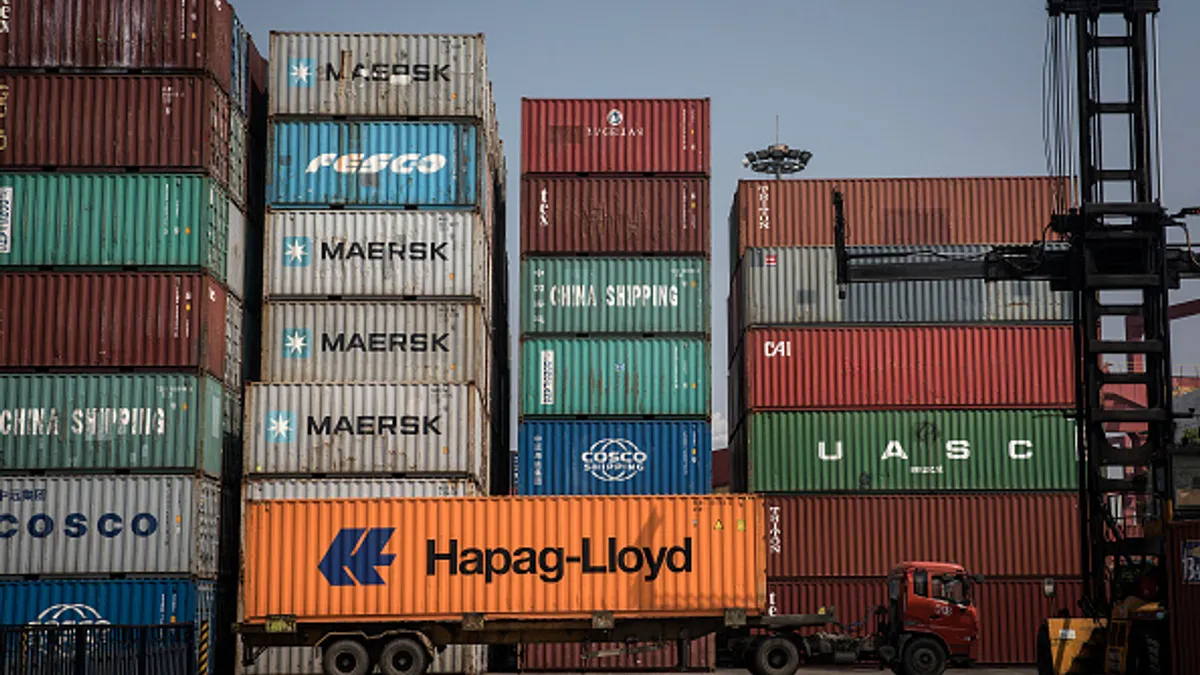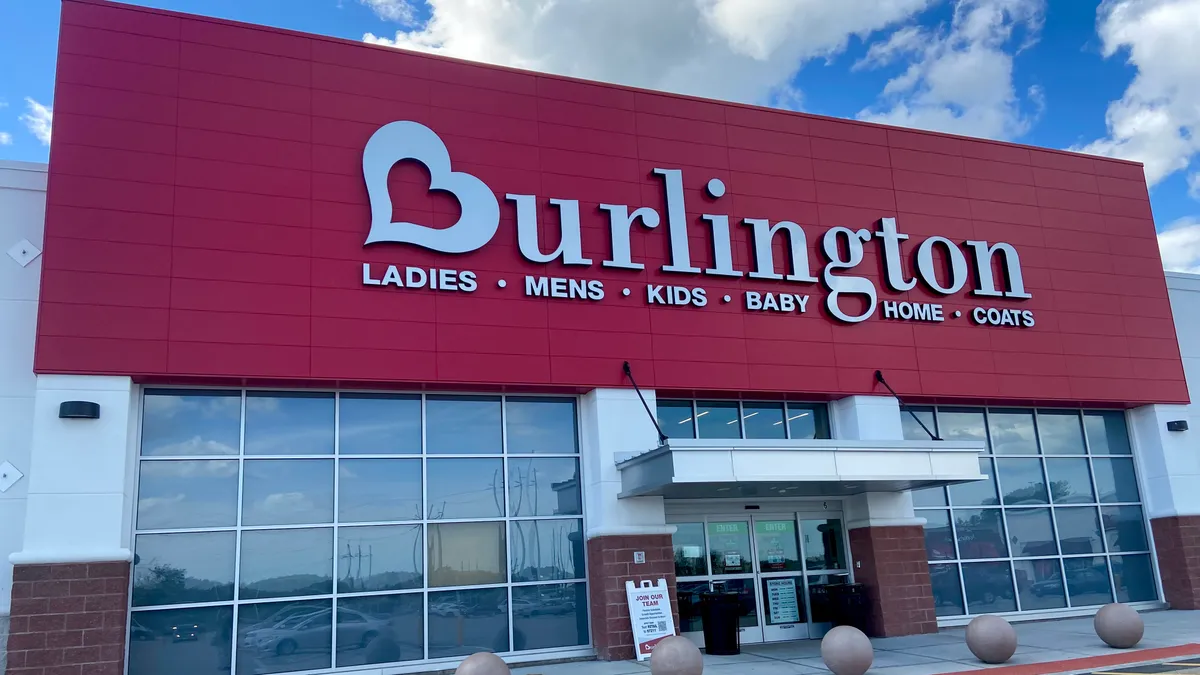Editor's Note: To see all coverage of CSCMP Edge 2017, please click here.
Matthew Luhn calls himself a storyteller because he’s worked on the stories of some of the most beloved Pixar classics, including the Toy Story trilogy, Monsters, Inc., Finding Nemo, Cars, Ratatouille and UP. As keynote speaker of the opening session for the CSCMP Edge 2017 conference, Luhn told supply chain companies that they need to be storytellers too.
In fact, Luhn’s message aligned with a very strong undercurrent at the conference: the push for a consumer-driven supply chain. Without using the actual phrase “consumer-driven supply chain,” Luhn’s speech exhorted conference attendees to lure new customers by communicating stories to them in their marketing, advertising and company presence. He used examples of good ads created by companies that push good stories and are generally more effective with consumers.
In order to create a better, faster, more stable supply chain, you have to cater to the consumer. Tell them a memorable, personable story about your company and your services, and you’ll hook the consumer.
“Without a good story, you have nothing,” Luhn said. “You want to be able to use storytelling to help people remember the data and the statistics. Only 5% remember the statistics, while 65% remember the story told.”
Supply chains are pushing to be consumer-driven
Why such a sharp focus on the consumer? Because supply chains have figured out that to succeed in the world of e-commerce, they need to be entirely consumer-driven. In many ways, that means supply chains need to pare down operations, accelerate processes and cut costs so that online shoppers get their goods faster with fewer hassles.
Marc Gorlin, CEO of the “sharing economy” delivery service app Roadie, told conference attendees in an educational session that consumers “want everything freer and faster.”
In the same session, Manhattan Associates Senior Vice President of Business Development Jeff Cashman said, “We need to be able to meet and exceed consumer expectations.”
The customers are in control

Shari Diaz
Ecosystem and Innovation Leader for IBM Watson Supply Chain
These two professionals discussed the importance of digitizing supply chains to better serve consumers with colleagues from Home Depot, Cisco, Coca-Cola, WestRock, UPS and Georgia Tech. They discussed how digitization is a top priority; consumers are so “plugged in” that businesses must be on their level and know how to provide them what they want and when they want it.
In another session, JDA Software Solutions Advisor Ken Bologna said supply chains are no longer linear as a result of e-commerce, instead the supply chain is a “grid,” and “every path is situational.” Therefore, supply chains need to become more nimble and adept at discerning consumer and client needs so as to better serve them, increase business and profit margins.
While some focus on raising awareness about the issue, several conference attendees were already providing ways for companies to make their supply chains more adaptable to the consumer-driven model.
Supply chains are innovating to be more consumer-driven
In an interview with Supply Chain Dive, XPO’s Chief Strategy Officer Scott Malat noted that companies often struggle with reverse logistics — that is, the returns process — but as consumers shop online more and more, they need easier, cheaper, faster ways to return items. And that’s XPO’s specialty.
As companies grow and fight against lost visibility, Adam Campion — CEO and founder of ClearMetal, an artificial intelligence (AI) based logistics provider in San Francisco — believes visibility processes need to be outsourced to competent middlemen, because companies can’t afford to be late with their shipments or make decisions based on bad data. That’s how you lose customers, and that’s not a consumer-driven supply chain.
As various industries within supply chain, including freight and logistics, pursue automation to accelerate the supply chain process and cut costs, Campion says they first need reliable, predictive data.
“Automation isn’t going to work unless you have optimization of data,” he told Supply Chain Dive. In a session, he added, “This is transformational in terms of lead times.”
We need to be able to meet and exceed consumer expectations

Jeff Cashman
Senior Vice President of Business Development for Manhattan Associates
And he’s not the only one pushing predictive analytics in supply chains. Truckstop.com also knows that predictive analytics are part of the new consumer-driven supply chain, which is why the freight forwarder just launched its new Rate Forecasting tool. The tool predicts trucking freight rates up to 52 weeks in advance based on environmental factors, geography and past data. If shippers can better plan when to ship, they can get goods to consumers faster and cheaper.
To top it all off, IBM told attendees in a session that “companies with the best supply chains ultimately win.”
“The customers are in control,” said Shari Diaz, ecosystem and innovation leader for IBM Watson Supply Chain.
That’s why IBM hosted a session on blockchain at the conference -- because the tech company believes blockchain will help companies create more client- and consumer-oriented supply chains.
According to IBM, blockchain is an “immutable, secured, shared version of the truth to drive unprecedented efficiency.” Start with clean data and a solid foundation for integrating it, then you can better serve the consumer.
Companies want to connect to consumers
That’s why Luhn urged conference attendees to tell memorable, personable stories through their advertising, marketing and mission. Tug on consumers’ heartstrings, make personal connections with your clients — then you’ll know how to serve them better and can better meet their needs.
“Impact people’s feelings, because that’s how people make decisions,” he said.
Automation isn't going to work unless you have optimization of data

Adam Campion
CEO of ClearMetal
And that’s exactly what consumers want. They want companies that give them what they want immediately: the right stock of an item, free or cheap lightning fast shipping, easy returns.
CSCMP Edge revealed that supply chains know this, and they’re taking it seriously. Consumer-driven supply chain models are becoming a trend, and it will grow as the e-commerce market expands.





















